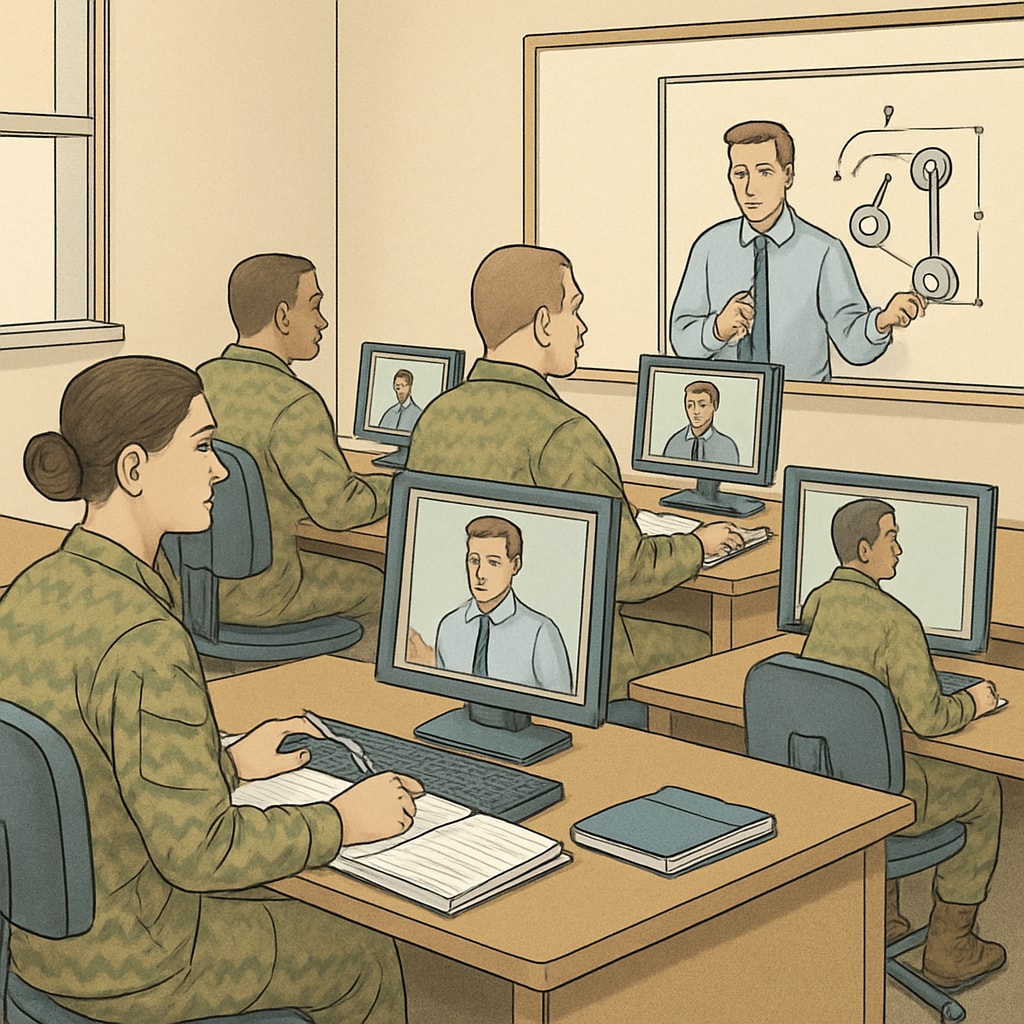For military personnel holding an associate degree in automotive technology, advancing to a bachelor’s degree can be a transformative career step. Transitioning to a four-year degree involves strategic planning, particularly when it comes to credit transfer and selecting a compatible discipline. This article provides a roadmap for military personnel to navigate this academic progression effectively, unlocking broader career opportunities in the process.
Understanding Credit Transfer for Automotive Technology Programs
One of the primary concerns for those transitioning from an associate degree in automotive technology to a bachelor’s program is the transfer of credits. Credit transfer allows you to carry over completed coursework toward your bachelor’s degree, saving both time and money. However, not all credits are universally accepted, and understanding institutional policies is crucial.
First, look for universities with articulation agreements. These agreements ensure a seamless transition from an associate degree to a bachelor’s program, particularly within related fields like engineering technology, industrial management, or automotive engineering. For example, schools such as automotive-focused engineering programs often recognize technical coursework, making them excellent choices.
Additionally, consult with your prospective institution’s admissions office to confirm which credits can transfer. Military-specific education benefits, such as the GI Bill, may also provide financial support, but it’s essential to understand the eligibility requirements.

Best Bachelor’s Degree Options for Automotive Technology Graduates
Choosing the right bachelor’s degree is critical to aligning with your career goals. For those with a background in automotive technology, several academic disciplines offer a smooth transition:
- Automotive Engineering: This field builds directly on the technical skills gained during your associate degree, focusing on vehicle design, manufacturing, and systems integration.
- Mechanical Engineering: A broader discipline, mechanical engineering covers principles applicable to automotive systems, robotics, and industrial machinery.
- Industrial Management: Ideal for those interested in leadership roles, this major combines technical knowledge with business and management skills.
- Business Administration: For those looking to transition into automotive sales, marketing, or entrepreneurship, business administration is a versatile option.
Many universities also offer hybrid or online programs tailored for military personnel, providing the flexibility to balance education with service commitments.

Career Opportunities with a Bachelor’s Degree
Earning a bachelor’s degree significantly expands your career prospects. While an associate degree in automotive technology can lead to technician or specialized repair roles, a bachelor’s degree opens doors to higher-paying and more diverse positions. Some of the most promising career paths include:
- Automotive Engineer: Design and develop cutting-edge vehicle technologies, including electric and autonomous cars.
- Project Manager: Oversee manufacturing or engineering projects, ensuring they are completed on time and within budget.
- Quality Assurance Specialist: Ensure that automotive products meet industry standards and customer expectations.
- Technical Consultant: Provide expert advice to automotive firms on improving processes and technologies.
In addition, military experience often equips individuals with leadership, discipline, and problem-solving skills that are highly valued in civilian roles. Combining these qualities with a bachelor’s degree makes you an attractive candidate in today’s competitive job market.
Practical Tips for Military Personnel Advancing Their Education
To make the most of your educational journey, consider the following tips:
- Research Military-Friendly Institutions: Many universities offer dedicated support services for military personnel, such as academic advising, career counseling, and veteran resource centers.
- Utilize Education Benefits: Programs like the GI Bill or Tuition Assistance can significantly reduce the financial burden of higher education.
- Leverage Prior Learning Assessments: Some schools offer credit for military training or work experience, further accelerating your degree completion.
- Build a Support Network: Connect with fellow military students, advisors, and mentors who can provide guidance and motivation.
By planning ahead and utilizing available resources, military personnel can achieve their academic and career goals with confidence.
In Conclusion: Transitioning from an associate degree in automotive technology to a bachelor’s degree is a rewarding endeavor for military personnel. By focusing on credit transfer, selecting a compatible major, and leveraging military education benefits, you can pave the way for a successful career in the automotive industry and beyond.


